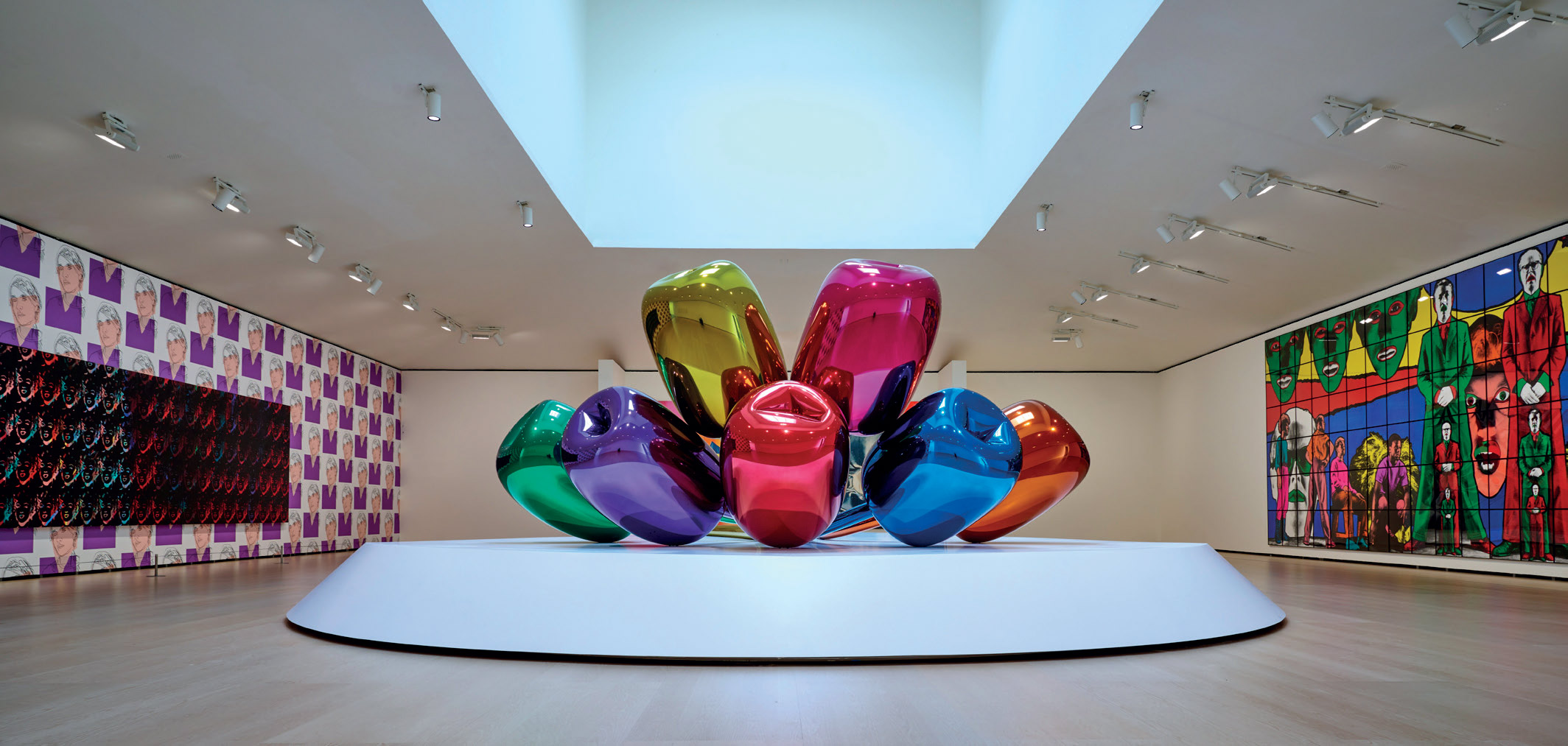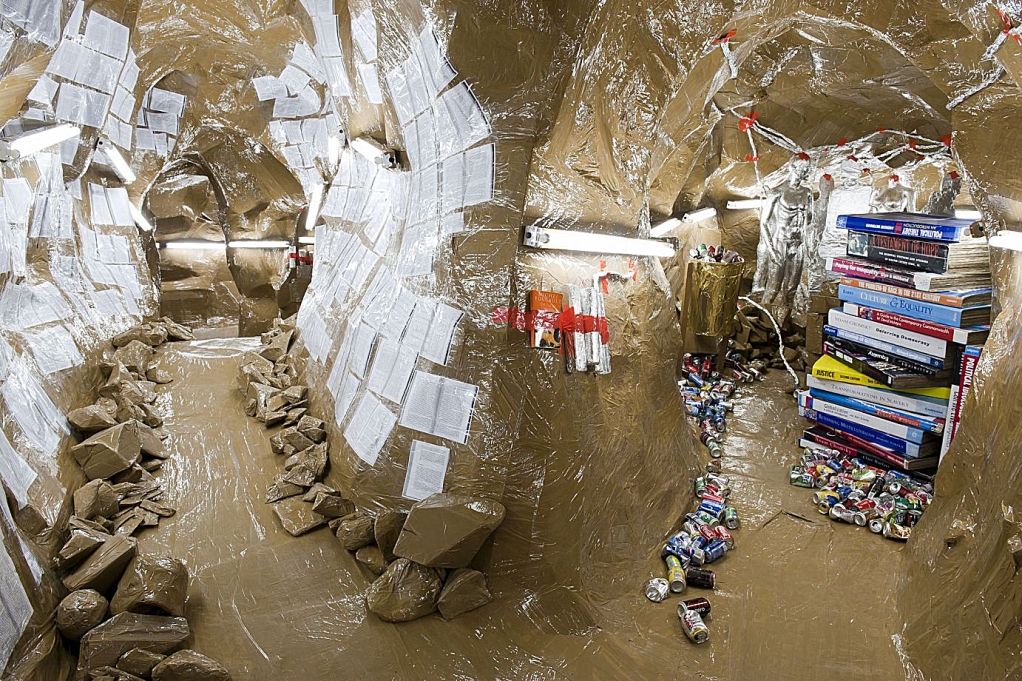The Luminous Interval
04.12.2011 - 10.16.2011
Curated by the Solomon R. Guggenheim Museum Deputy Director and Chief Curator Nancy Spector, and Assistant Curator Katherine Brinson, The Luminous Interval: The D.Daskalopoulos Collection presents the work of more than 30 international artists drawn from the D.Daskalopoulos Collection, one of the world's most significant private collections of contemporary art. The exhibition's title is derived from the writings of the Greek philosopher Nikos Kazantzakis (1883–1957), who envisioned life as a "luminous interval" during which decomposition and decay are necessary prerequisites to creation and renewal. Grounded in an assembly of works dating from the 1980s and 1990s by eminent figures such as Louise Bourgeois, Robert Gober, Mike Kelley, Martin Kippenberger, Paul McCarthy, and Annette Messager, but also foregrounding projects by younger talents such as Paul Chan, GuytonWalker, Nate Lowman, and Wangechi Mutu, the exhibition immerses visitors in a focused survey of some of the most salient artistic developments of the past few decades.
Sprawling room-size installations are a hallmark of the D.Daskalopoulos Collection, and this exhibition incorporates a significant number of ambitiously scaled works, including Thomas Hirschhorn's humbly crafted catacomb Cavemanman (2002) and John Bock's hallucinatory multimedia landscape Palms (2007). These complex, chaotic environments are balanced by an opposing formal trope of rigid geometric containment, exemplified in sculptures such as Mona Hatoum's barricaded electrical cube Current Disturbance (1996), Kendell Geers's razor-mesh grid, Akropolis Now (2004), and Damien Hirst's evacuated vitrine The Asthmatic Escaped (1992). Several works, notably Kutlug Ataman's (2004) and Walid Raad/The Atlas Group's I Was Overcome by a Momentary Panic at the Thought that I Might Be Right (2004) confront the crises of contemporary life, delving into prevailing narratives of cultural identity, while others probe the most intimate aspects of individual identity, with a particular focus on the human body in varying states of fecundity and disintegration. As a whole, the exhibition constitutes an expansive exploration of the coexistence of hope and despair within the human condition, showcasing the generative possibilities of this dialectical tension.
Thomas Hirschhorn
Cavemanman, 2002
Wood, cardboard, packing tape, aluminum foil, books, posters, videos, mannequins, cans, shelves, spray paint, and fluorescent light fixtures
Dimensions variable
D.Daskalopoulos Collection
©Thomas Hirschhorn

